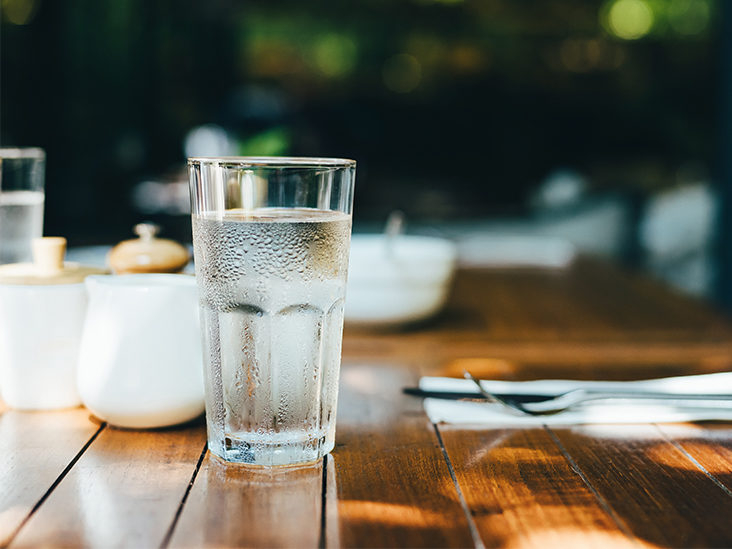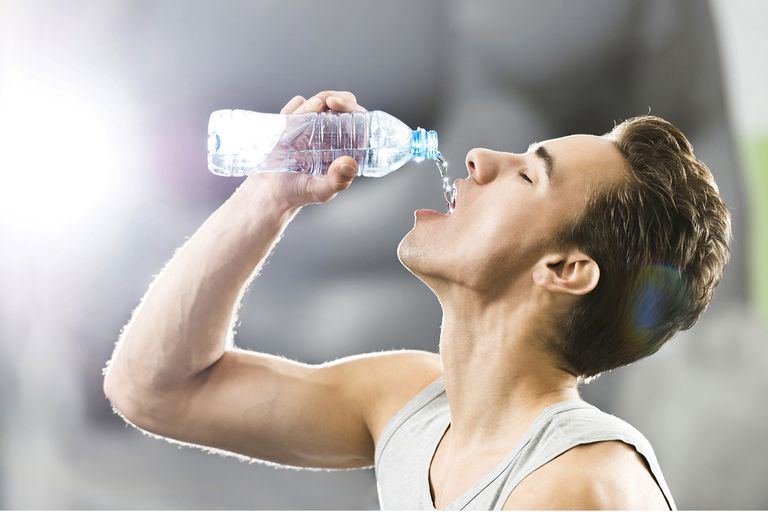Water
The conventional guideline of drinking eight glasses of water a day has proven to be a myth. But there is such thing as drinking too much water. Water intoxication occurs when a person drinks so much that the water dilutes the concentration of sodium in the blood, creating an electrolyte imbalance.
Water intoxication, known as hyponatremia, is mostly a risk for endurance athletes. A 2005 article in the New England Journal of Medicine found that 13 percent of 488 runners in the 2002 Boston Marathon developed hyponatremia from drinking too much water. According to the researchers, a relatively simple strategy to reduce that risk would be for runners to weigh themselves before and after training runs to gauge their overall fluid intake and ensure they do not drink too much water during exercise.
Drinking too much water can create an electrolyte imbalance by pushing sodium levels to the floor when your kidneys can't handle it anymore. Another consequence in severe cases is the accumulation of water in the brain causing it to swell and increase pressure because the human skull cannot expand.
Water intoxication, known as hyponatremia, is mostly a risk for endurance athletes. A 2005 article in the New England Journal of Medicine found that 13 percent of 488 runners in the 2002 Boston Marathon developed hyponatremia from drinking too much water. According to the researchers, a relatively simple strategy to reduce that risk would be for runners to weigh themselves before and after training runs to gauge their overall fluid intake and ensure they do not drink too much water during exercise.
Drinking too much water can create an electrolyte imbalance by pushing sodium levels to the floor when your kidneys can't handle it anymore. Another consequence in severe cases is the accumulation of water in the brain causing it to swell and increase pressure because the human skull cannot expand.












